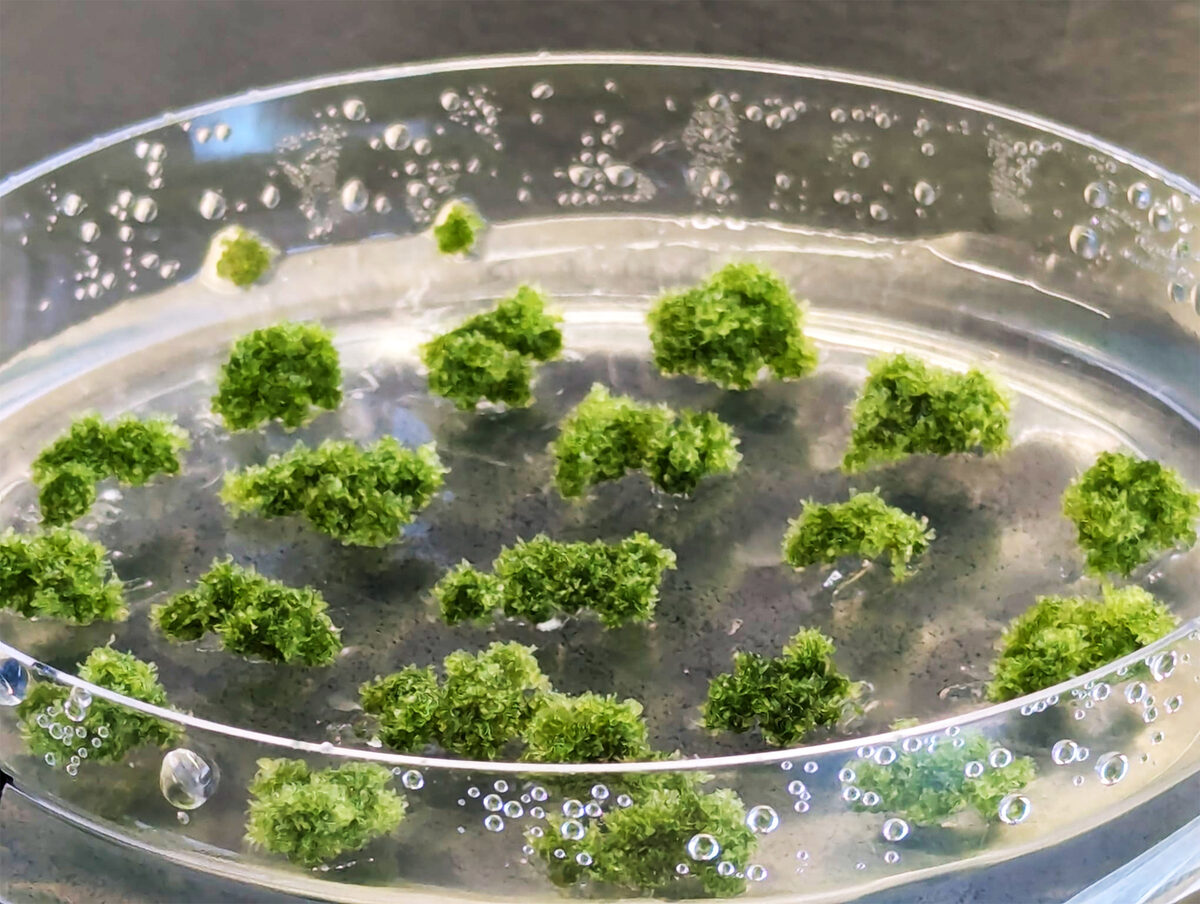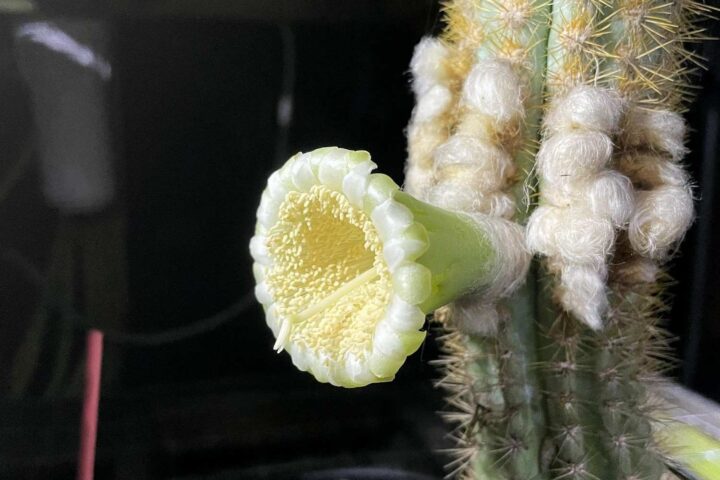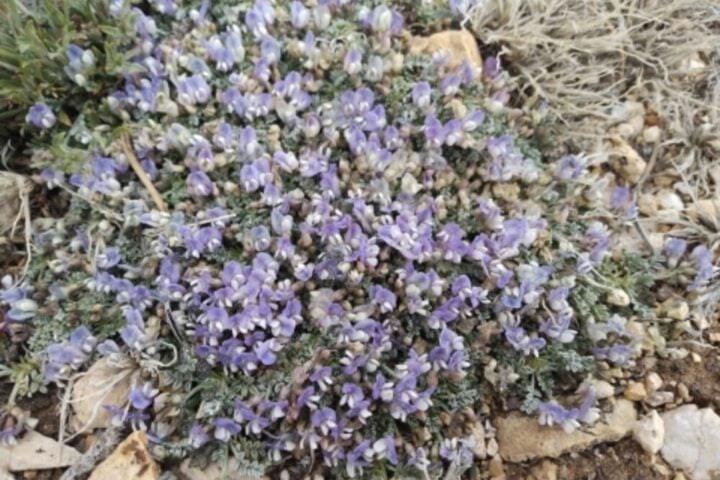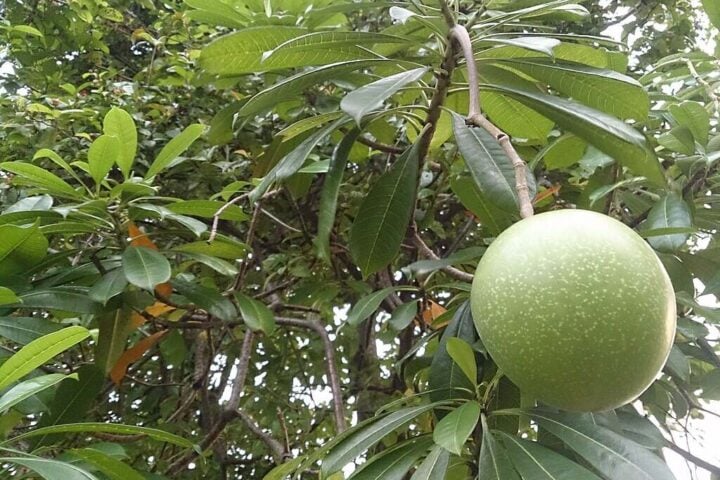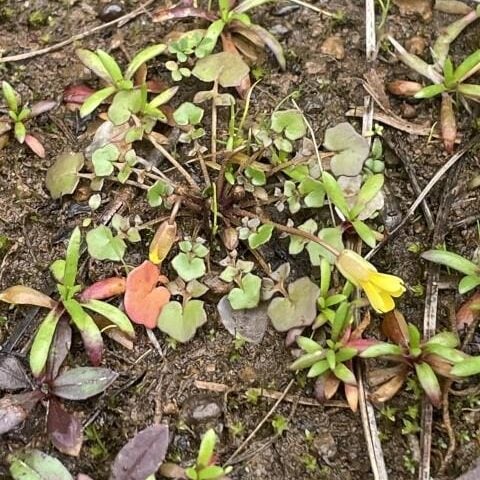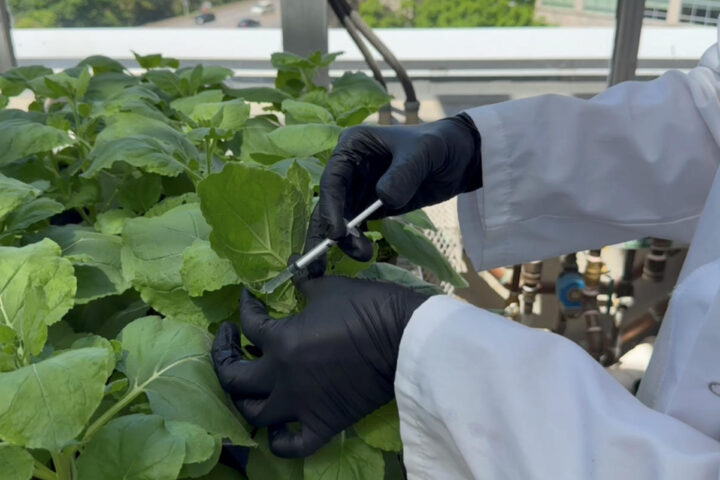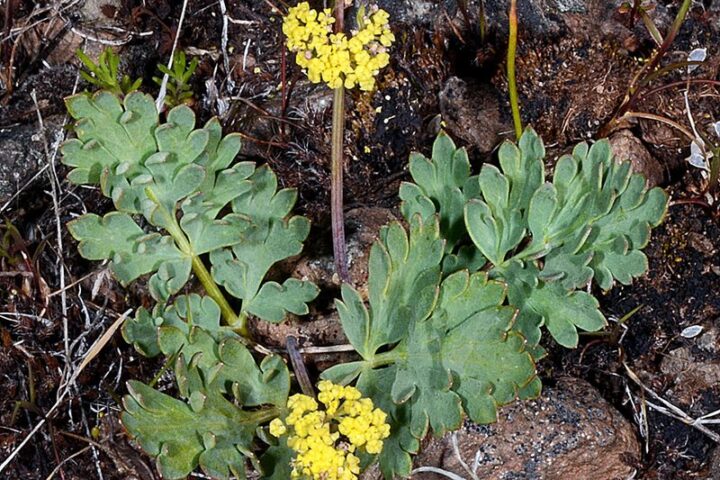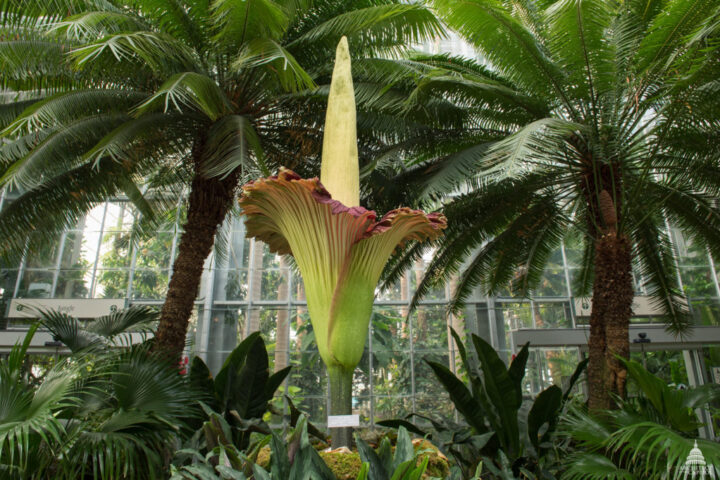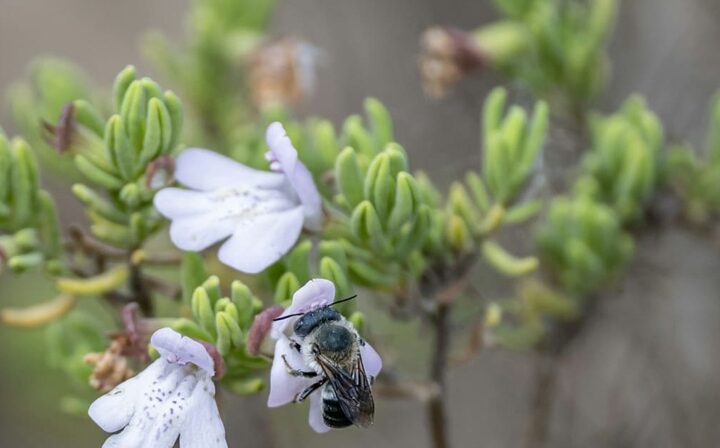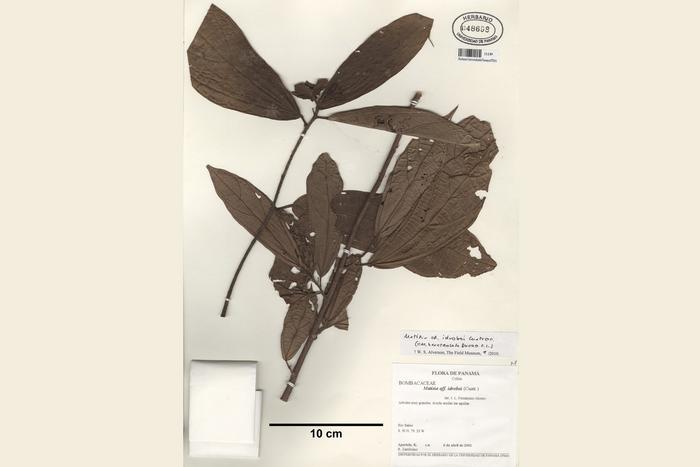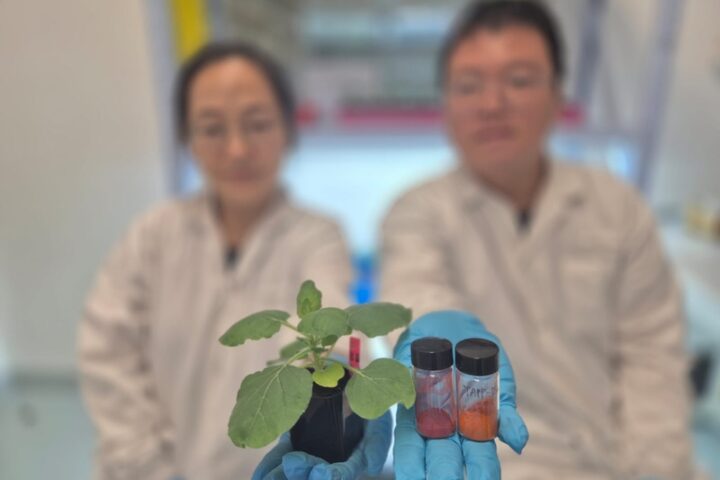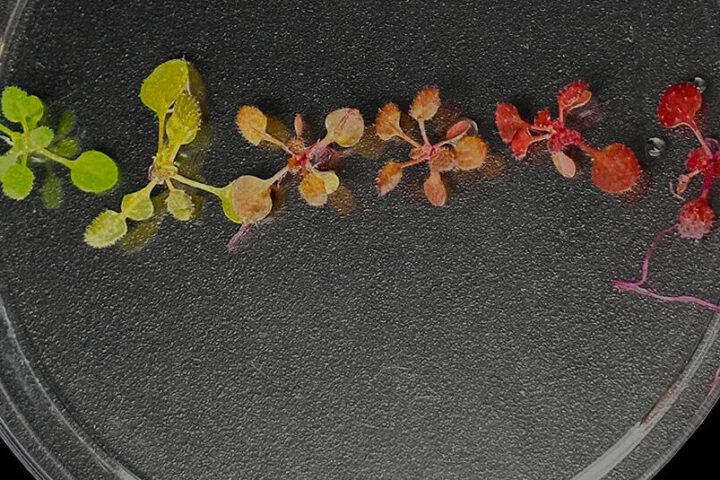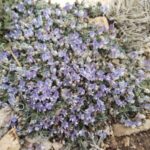Scientists have unlocked new insights into one of Earth’s oldest surviving plant groups, offering clues about how plants first conquered land. A global research team, led by the Boyce Thompson Institute (BTI) at Cornell University, has decoded the genetic blueprints of hornworts – small, ancient plants that have survived for over 450 million years.
The study, published in Nature Plants, reveals hornworts have maintained remarkably stable chromosomes despite evolving separately for more than 300 million years. This finding challenges common patterns seen in other plants, which typically undergo genetic material duplication over time.
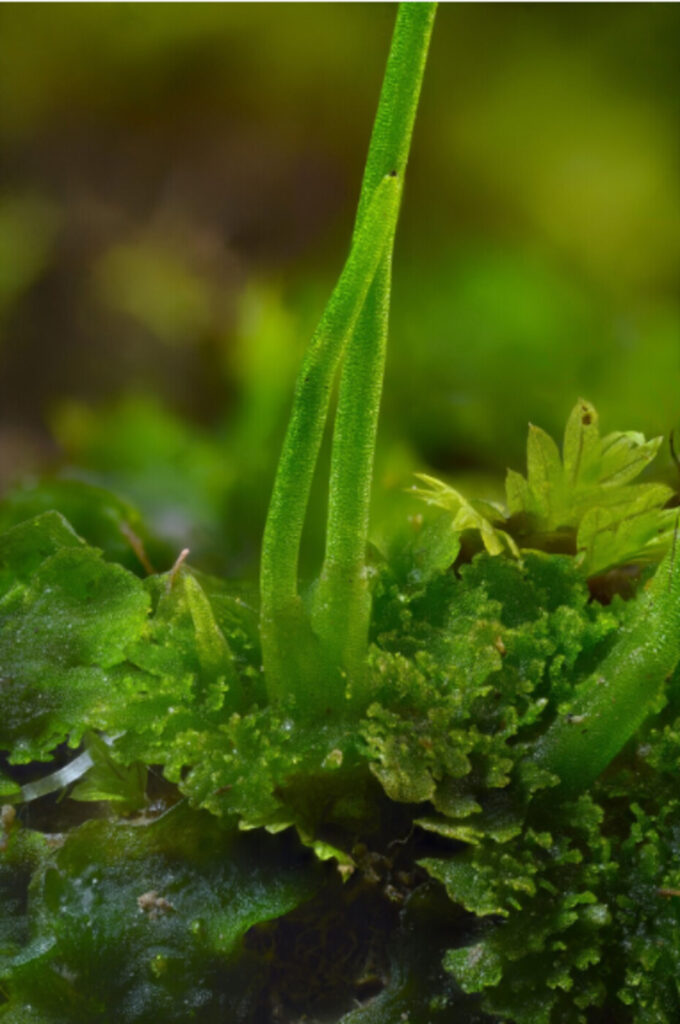
“What we found was unexpected: hornworts have maintained remarkably stable chromosomes despite evolving separately for several hundred million years,” explains Dr. Peter Schafran, the study’s lead author from BTI.
The research team analyzed ten hornwort families, creating the most comprehensive genetic dataset of these plants to date. They discovered unique features, including extra genetic material called accessory chromosomes and potential sex chromosomes – features rarely seen in similar non-vascular plants.
These ancient plants, which split from other plant groups about 470 million years ago, hold vital clues about plant adaptation to land environments. The study identified genes controlling critical survival functions: protection against UV radiation, pores for gas exchange (similar to how we breathe), and hormone signals that guide growth.
Similar Posts:
Professor Jan de Vries from the University of Göttingen emphasizes the broader impact: “This comprehensive genomic dataset helps understand how the very first plants on Earth evolved and adapted to their new, challenging environment.”
The findings have practical implications for understanding plant resilience. By studying how hornworts adapted to Earth’s early conditions, scientists can better grasp how plants might cope with environmental challenges today.
Dr. Sophie de Vries from Göttingen University adds a crucial perspective: “It is only by studying these diverse and sometimes overlooked organisms that researchers can grasp the common principles of plant biology.”
The research stands out because hornworts, despite their ancient origins, have relatively few species – only about 230 compared to the over 400,000 plant species on Earth. This limited diversity, combined with their stable genetic makeup, makes them valuable for studying plant evolution.
This study opens new avenues for understanding plant adaptation and survival strategies, potentially influencing how we approach plant conservation and agriculture in changing environments.
